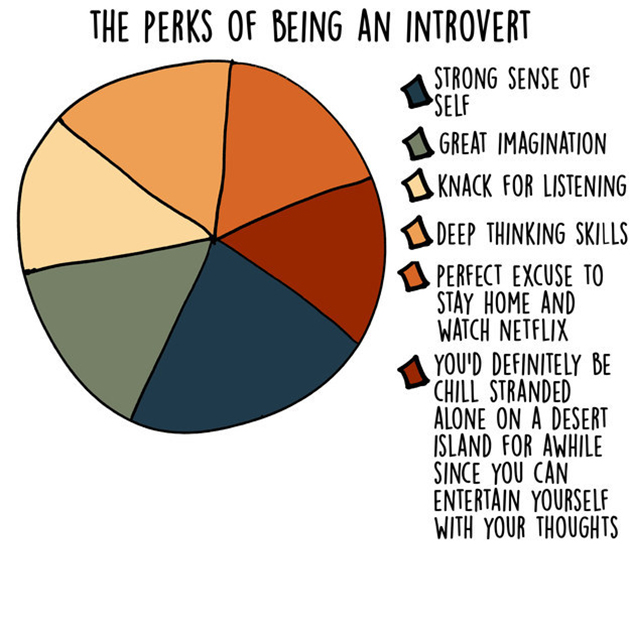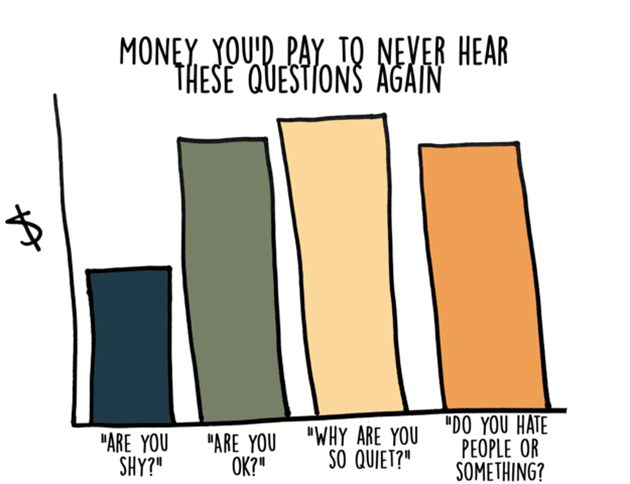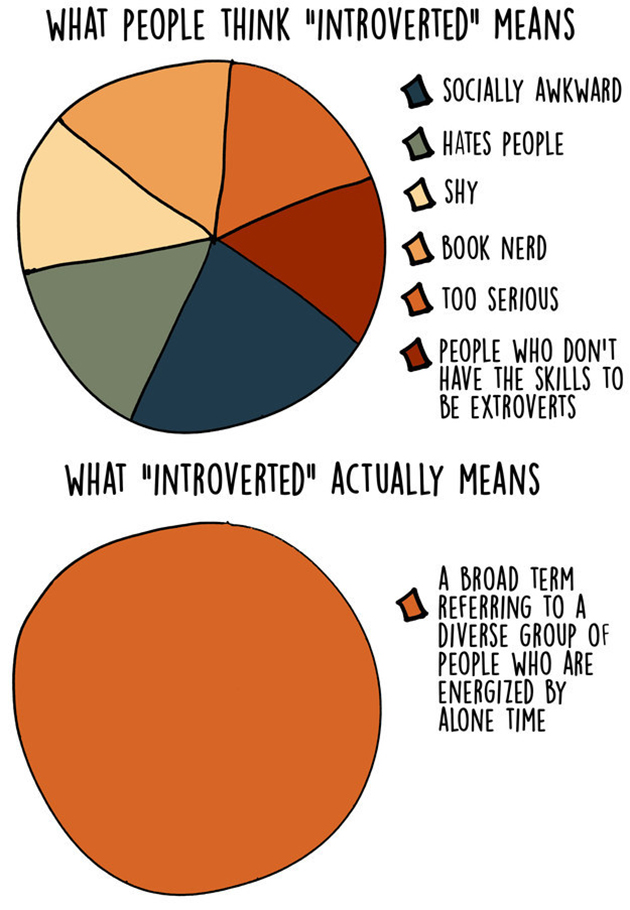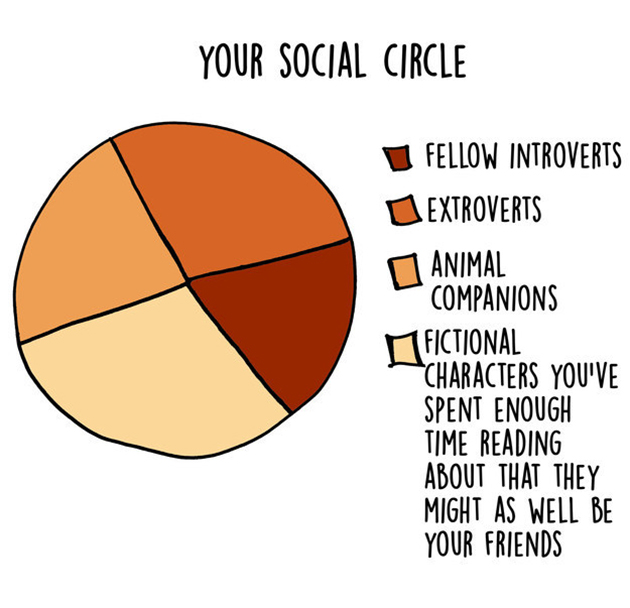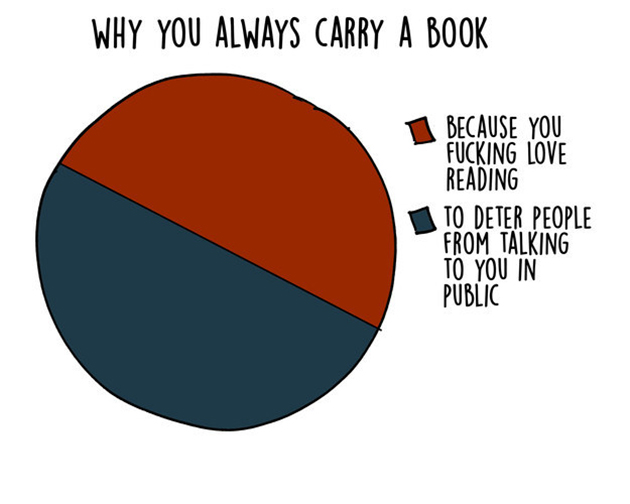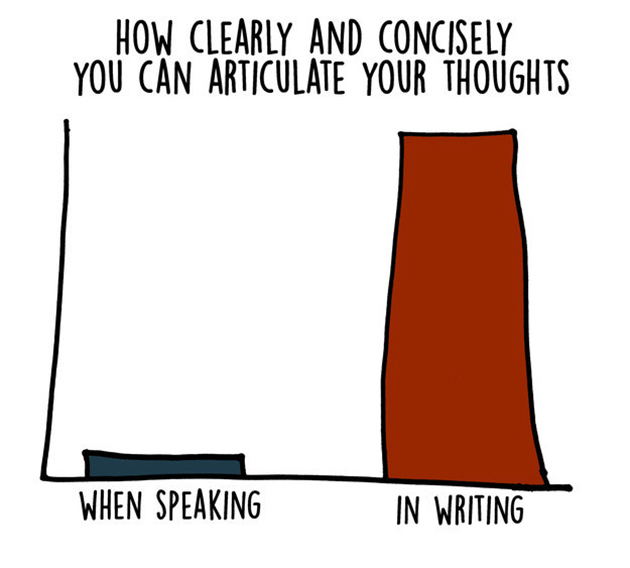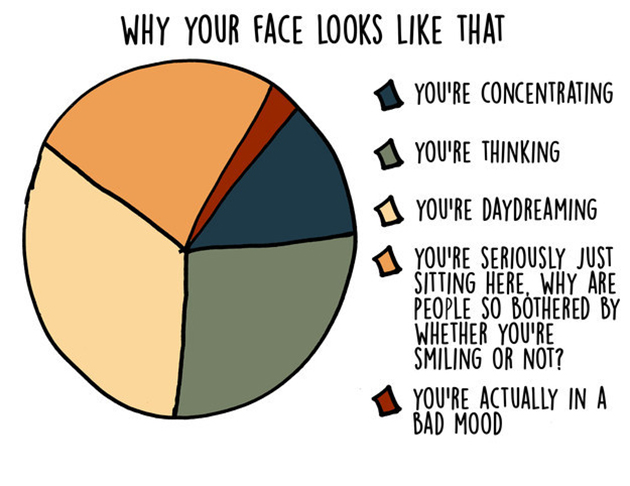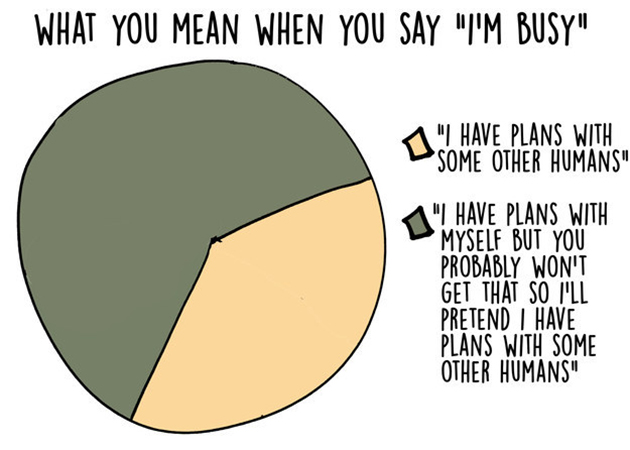-----------------------------------
NATO’s eastward march commenced, with the alliance eventually incorporating not only former Soviet satellites but even former Soviet republics. In effect, U.S. policymakers responded favorably to the aspirations of Estonians, Latvians, and Lithuanians while disregarding Russian security interests, apparently assuming that Kremlin leaders had no recourse but to concede.
As long as Russia remained weak, that may well have been the case. As if to press home the point, Clinton’s successors even toyed with the idea of inviting Georgia and Ukraine to join NATO—more or less the equivalent of incorporating Cuba and Mexico into the Warsaw Pact back in the bad old days.
At that point, a Kremlin leader less trusting of the West than Gorbachev had been decided that enough was enough. Vladimir Putin, a very nasty piece of work but also arguably a Russian patriot, made it clear that NATO’s eastward expansion had ended. Putin’s 2008 armed intervention in Georgia, annexation of the Crimea in 2014, and multiple incursions into Ukraine beginning that same year elicited howls of protest from the Washington commentariat. Putin, they charged, was trampling on the “norms” of international conduct that were supposed to govern behavior in the post-Cold War world.
-----------------------------
In today’s Washington, where Russophobia runs rampant, it has become fashionable to speak of a New Cold War, provoked by Putin’s aggressive actions. Yet if we are indeed embarking upon a new age of brinksmanship, we can trace its origins to 1990 when Putin was merely a disgruntled KGB colonel and we were playing the Soviets for suckers.
Link here.
Also, here is link to archived diplomatic materials at GWU.





